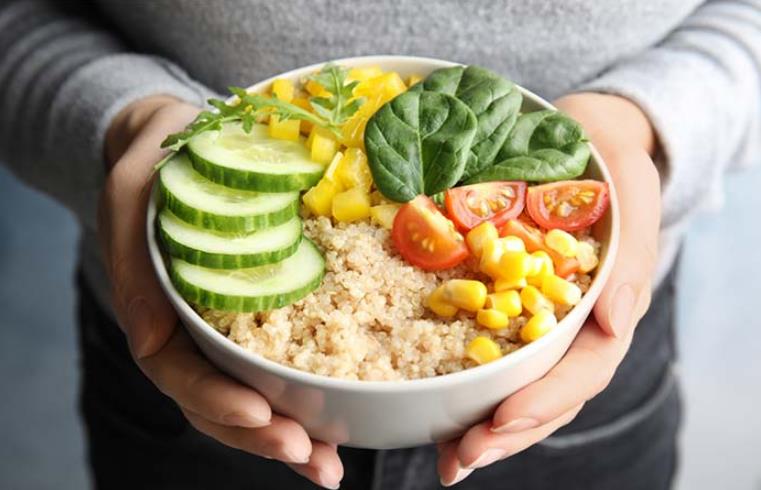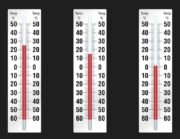Have you ever heard someone say that eating certain foods will make your butt bigger? While it may seem like a myth or bro-science, there is actually some truth to it. Certain foods can contribute to weight gain and store more fat in certain areas of the body, including the butt. In this article, we will explore what foods go straight to your butt and the science behind it.
High-Fat Foods
High-fat foods like fried foods, fast food, and processed snacks are often high in calories and easily stored as fat in the body, including the butt. Consuming more calories than your body needs and not burning them off through physical activity can cause weight gain and fat storage in the body. The body can store fat in various areas, including the hips, thighs, and buttocks. So, if you want to avoid adding extra pounds to your bum, it’s essential to limit your intake of high-fat foods.
Excess Carbohydrates
Carbohydrates, in excess, can also contribute to weight gain and fat storage in the body. When you consume carbohydrates, your body uses them as energy. However, if you consume more carbs than your body needs, the excess carbs are stored as fat. This can lead to weight gain and fat storage in the buttocks. So, if you want to avoid adding extra weight to your butt, it’s essential to limit your carbohydrate intake and opt for complex carbohydrates like whole grains and vegetables.
- Opt for complex carbohydrates like whole grains and vegetables
- Avoid excess carbohydrates, especially simple carbs like sugar and refined grains

The Truth About What Foods Go Straight to Your Butt
Sugar and Sweeteners
Sugar and sweeteners like high fructose corn syrup are often found in processed foods and drinks. Consuming too much sugar can lead to insulin resistance, weight gain, and fat storage in the body, including the butt. So, if you’re looking to avoid adding extra weight to your butt, it’s essential to limit your intake of sugar and processed foods and opt for whole foods and natural sweeteners like honey or maple syrup.
- Avoid processed foods and drinks high in sugar and sweeteners
- Opt for whole foods and natural sweeteners like honey or maple syrup
Dairy Products
Dairy products like milk, cheese, and yogurt are often high in fat and calories. Consuming too much dairy can contribute to weight gain and fat storage in the body, including the buttocks. If you’re looking to reduce the size of your bum, it’s essential to limit your intake of dairy products and opt for low-fat or non-dairy alternatives like almond milk or soy products.
- Limit your intake of dairy products high in fat and calories
- Opt for low-fat or non-dairy alternatives like almond milk or soy products
Alcohol
Alcohol is often high in calories and can contribute to weight gain and fat storage in the body, including the buttocks. Drinking alcohol can also lower inhibitions and lead to overeating or poor food choices, further contributing to weight gain and fat storage. If you’re looking to avoid adding extra weight to your butt, it’s essential to limit your alcohol intake and opt for low-calorie options like light beer or wine.
- Limit your alcohol intake
- Opt for low-calorie options like light beer or wine
Protein Foods
While protein foods like chicken, fish, and lean meats are essential for muscle growth and repair, consuming too much protein can contribute to weight gain and fat storage in the body, including the buttocks. When you consume more protein than your body needs, the excess protein is broken down into amino acids and stored as fat. So, if you’re looking to avoid adding extra weight to your butt, it’s essential to consume protein in moderation and balance it with carbohydrates and fats.
- Consume protein in moderation
- Balance protein intake with carbohydrates and fats
Conclusion
Certain foods can contribute to weight gain and fat storage in the body, including the buttocks. To avoid adding extra weight to your butt, it’s essential to limit your intake of high-fat, high-carbohydrate, high-sugar, and high-protein foods. Instead, opt for whole foods, complex carbohydrates, and lean protein sources in moderation. A well-balanced diet coupled with regular physical activity can help maintain a healthy weight and prevent excess fat storage in the body. Remember, achieving a healthy and fit body takes time, effort, and consistency.
FAQs
[faq-schema id=”32″]
















